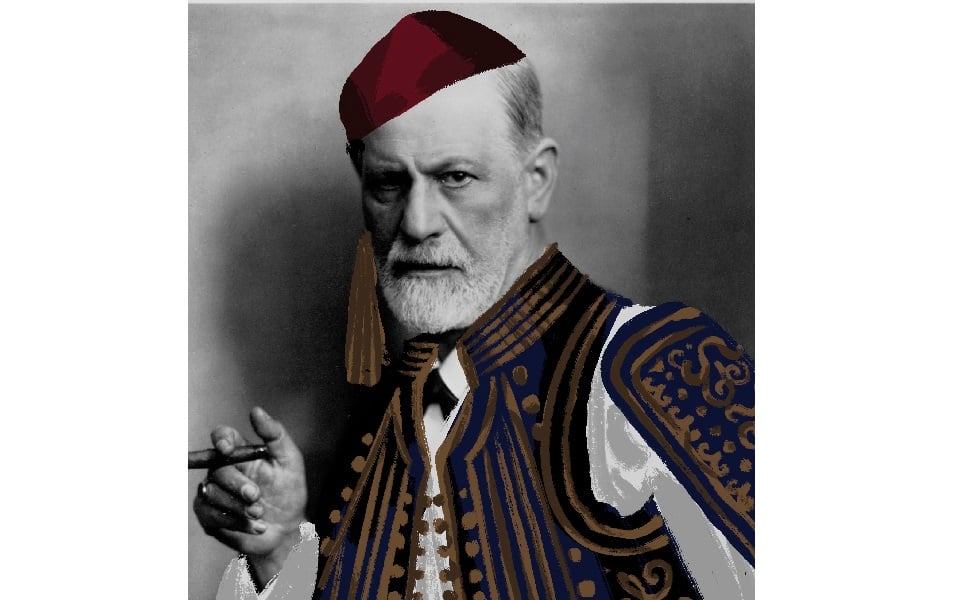Greece features steadily near the top of international and European studies into depression, though there is not enough research to pinpoint the reason why. Nevertheless, it may be worth asking: Are people from Thrace depressed or anxious about the same things Cretans are? And how do the history, geographical position, economy and social situation of a given region influence its residents’ mental health?
Kathimerini spoke to five psychiatrists from the northeastern city of Komotini, Iraklio on Crete, the western port city of Patra, Larissa in central Greece, and Athens, and asked them to roughly describe the patients they see at hospitals, university clinics and private practices where they work.
Setting aside their individual areas of scientific expertise, their narratives are revealing and indicate that there are common cultural elements between the cases of each region. There is also an overarching theme, however, which they all agree on: Greece needs to do more to bolster mental health services, which have come under an enormous amount of pressure and are facing growing demand since the pandemic. The good news seems to be that more Greeks are reaching out for help when they feel they need it – but they don’t always get the help they need.
Komotini
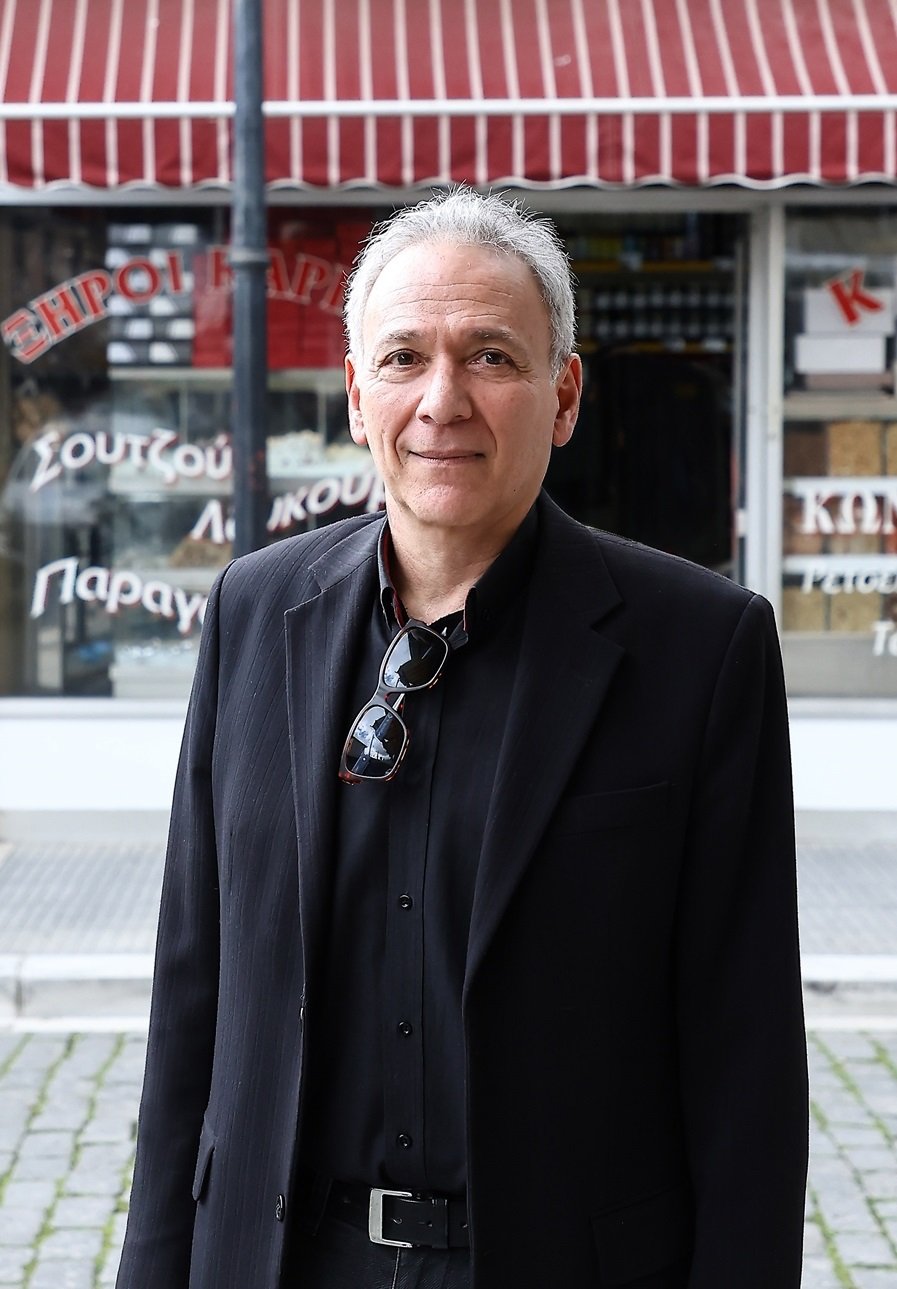 “‘Tell your husband to get a job in a hospital or you’ll go hungry. And if he does open a private practice, tell him to stay away from the city center, because no one will be caught dead crossing his threshold.’ This is the kind of thing locals told my wife when they heard of my decision to return from abroad and go into practice here,” says Gkaro Esagian, a member of the Greek and European psychiatric associations who went into private practice after teaching at the Democritus University for years and working in Italy, France and Switzerland. “I was the first proper psychiatrist in Thrace in the 1990s. There was no one for people to go to from Thessaloniki all the way to Orestiada and they’d consult neurologists. Looking at my records from the past 35 years of practicing in Komotini, I’d say my patients roughly fit three categories. The first are those who live in town and have similar psychiatric issues to those seen in big cities. Then there’s the farmers, and then those who are of a different religion, the so-called minority; I prefer to call them intercultural.
“‘Tell your husband to get a job in a hospital or you’ll go hungry. And if he does open a private practice, tell him to stay away from the city center, because no one will be caught dead crossing his threshold.’ This is the kind of thing locals told my wife when they heard of my decision to return from abroad and go into practice here,” says Gkaro Esagian, a member of the Greek and European psychiatric associations who went into private practice after teaching at the Democritus University for years and working in Italy, France and Switzerland. “I was the first proper psychiatrist in Thrace in the 1990s. There was no one for people to go to from Thessaloniki all the way to Orestiada and they’d consult neurologists. Looking at my records from the past 35 years of practicing in Komotini, I’d say my patients roughly fit three categories. The first are those who live in town and have similar psychiatric issues to those seen in big cities. Then there’s the farmers, and then those who are of a different religion, the so-called minority; I prefer to call them intercultural.
“Among the first of the three, I remember seeing a lot of executives scared about losing their jobs and suffering from depression during the crisis when banks were making a lot of layoffs. From the second category, and especially so in earlier years, my appointment book would seem to be full of women with anxiety disorders in the spring. I gradually realized that it was a manifestation of physical exhaustion from the winter’s hard labors. In the intercultural category, you clearly see a different way of life. When a young couple marries, the bride moves in with the husband’s family, where the mother-in-law has the authority over the household. The men of the house often spend several months of the year working in construction and agriculture in Germany and the Netherlands, so the young women are alone with the husband’s family and they often display depression disorders. I also see a lot of abuse of psychiatric drugs, as a lot of them can be bought over the counter in Greece, while men tend to go for drink and gambling. That said, I also get emails from educated 30-year-old Pomaks who live abroad asking for help for their parents who are still in the villages.
“How people deal with their inner turmoil is partly related to how educated and cultured they are. Educated individuals can articulate a problem, which is the first step to getting better. The residents of the very rural communities – whether Christian or Muslim – often lack the tools to process what is happening to them, so their distress then tends to manifest in physical symptoms: ‘Doctor, there’s a tightness in my soul, my heart is beating fast, my back hurts – everything hurts,’ they say. This is masked depression.
“Domestic abuse is also not talked about in Thrace, thought things are better nowadays,” he says.
Patra
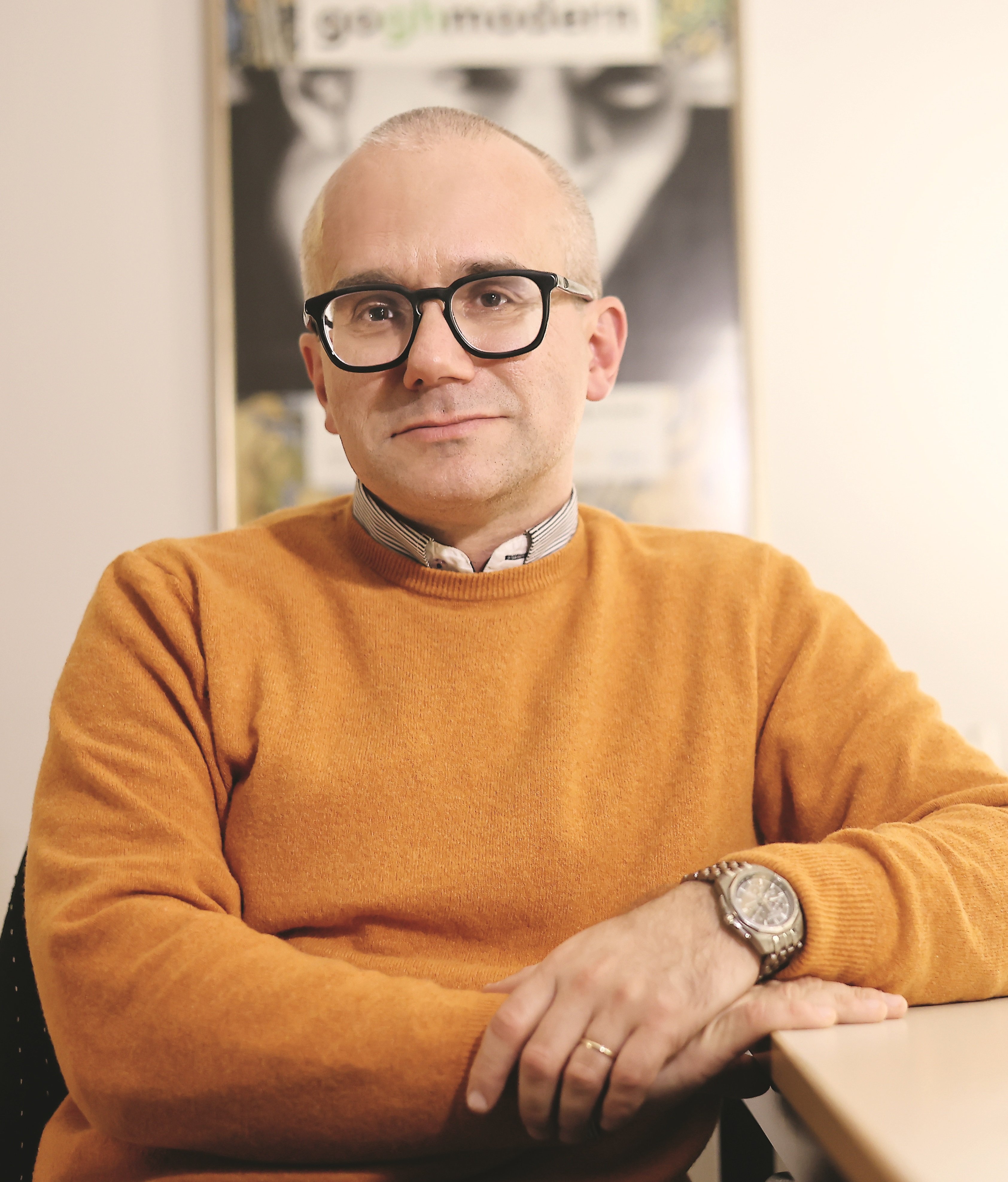 Panos Alexopoulos got his PhD from and taught at the Technical University of Munich and has been a practitioner, teacher and researcher at the University of Patras Psychiatric Clinic – of which he is now director – since April 2015, specializing in geriatric psychiatry.
Panos Alexopoulos got his PhD from and taught at the Technical University of Munich and has been a practitioner, teacher and researcher at the University of Patras Psychiatric Clinic – of which he is now director – since April 2015, specializing in geriatric psychiatry.
“The trauma inflicted by deindustrialization – and the resulting unemployment – has had a significant impact on the mental health of elderly but also younger residents of Patra, in my experience. In the former category we see people whose children have emigrated, who live and work abroad. It is usually the parents themselves who encouraged them to leave but, in doing so, they’ve lost the daily intimate contact with their children. They come in glowing with pride about their children’s accomplishments and then all the problems of loneliness and having no one to look after them come pouring out.
“Large groups of the population in Patra suffered a collective defeat when the big factories closed down. Many of them had come here from villages in Achaia or Aetolia-Acarnania in the 1950s, 60s and 70s, losing their connections to their ancestral lands. Things went pear-shaped in the 1980s and thousands were left without jobs, feeling betrayed and with broken dreams. Having left behind their land and farms, they also hadn’t created anything to fall back on in the meantime either.
“For the younger generation, the problems are the city’s dire economy, the lack of professional prospects, the delay in getting on with life and the fatalistic notion, instilled by their parents, that they’ll never come to any good unless they leave the country. Those who stay are constantly worried about making ends meet, which creates stress and depression.”
Larissa
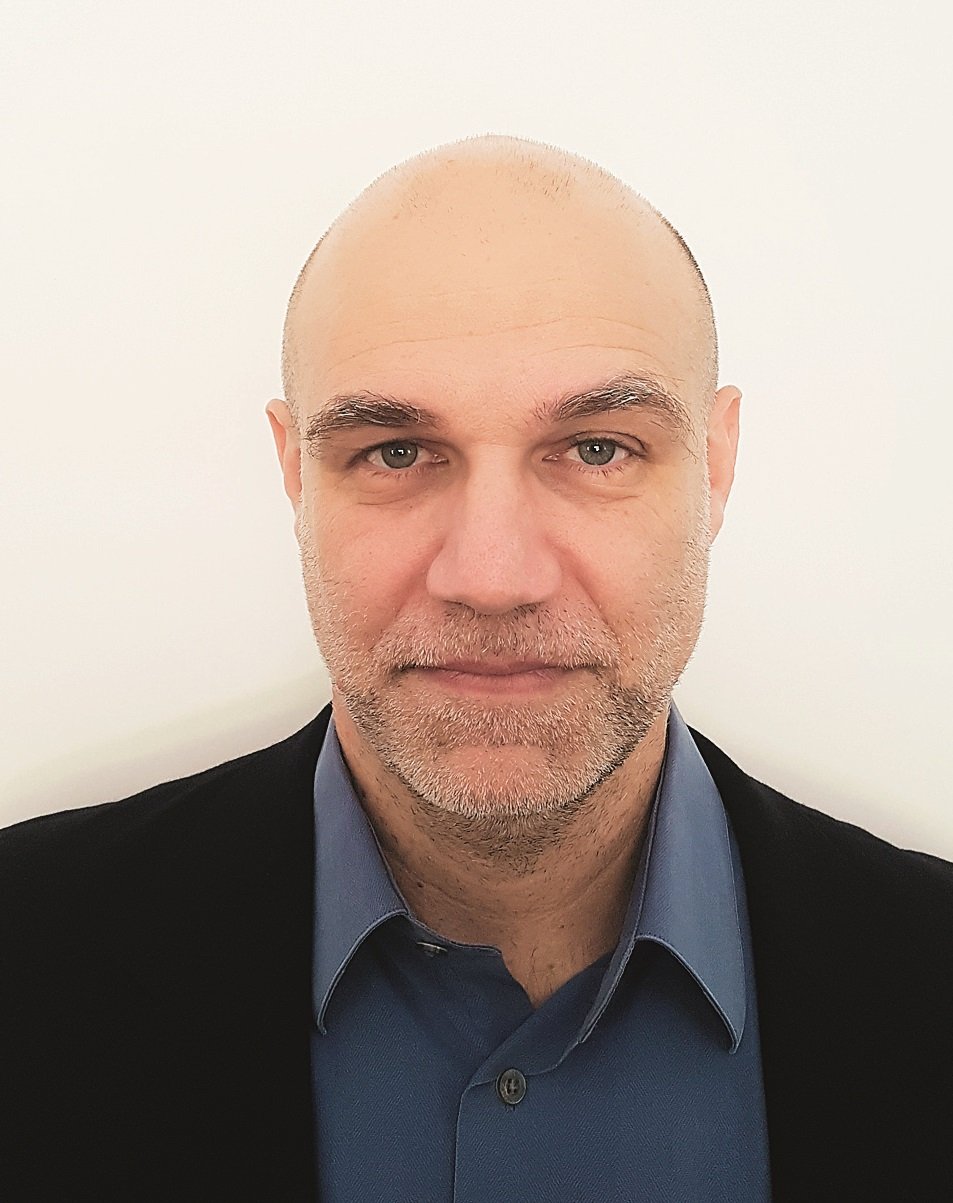 Thessalians are Greece’s saddest people, according to a European study presented in December by Panteion University. Many put this down to the effects of Storm Daniel in September 2023.
Thessalians are Greece’s saddest people, according to a European study presented in December by Panteion University. Many put this down to the effects of Storm Daniel in September 2023.
Nikos Christodoulou is an associate professor at the University of Thessaly and head of the Larissa Psychiatric Clinic, a post he assumed in the middle of the pandemic in 2020, returning from the UK, where he’d been working the previous 23 years.
“Depression is prevalent in Thessaly, though the reasons why this consistently appears in epidemiological studies are still unclear. It would be arbitrary to make a leap from correlation to causation. For instance, regarding Storm Daniel, this is not a valid explanation, as previous studies had also recorded high rates of depression in this geographical area,” he says, adding that a lot of mental health problems are not discussed, reported or treated.
However, big events like the economic crisis, the pandemic and Daniel, adds Christodoulou, often bring them to the surface and expose the system’s inability to deal with vulnerable members of society.
“There are no well-developed community psychiatric services, such as a center or a mobile unit. To help a patient ‘stay afloat,’ you are often forced to prescribe more medication. On the other hand, access to psychiatric drugs is much easier for the average person in Greece compared to other countries,” he says.
“When it comes to depression, we know that both its most extreme manifestations – such as psychotic depression – and its milder forms are linked to alcohol or substance abuse. We also know that Crete and Thessaly produce alcoholic beverages such as tsikoudia and tsipouro, so one could cautiously hypothesize that there may be a connection,” he adds.
Iraklio
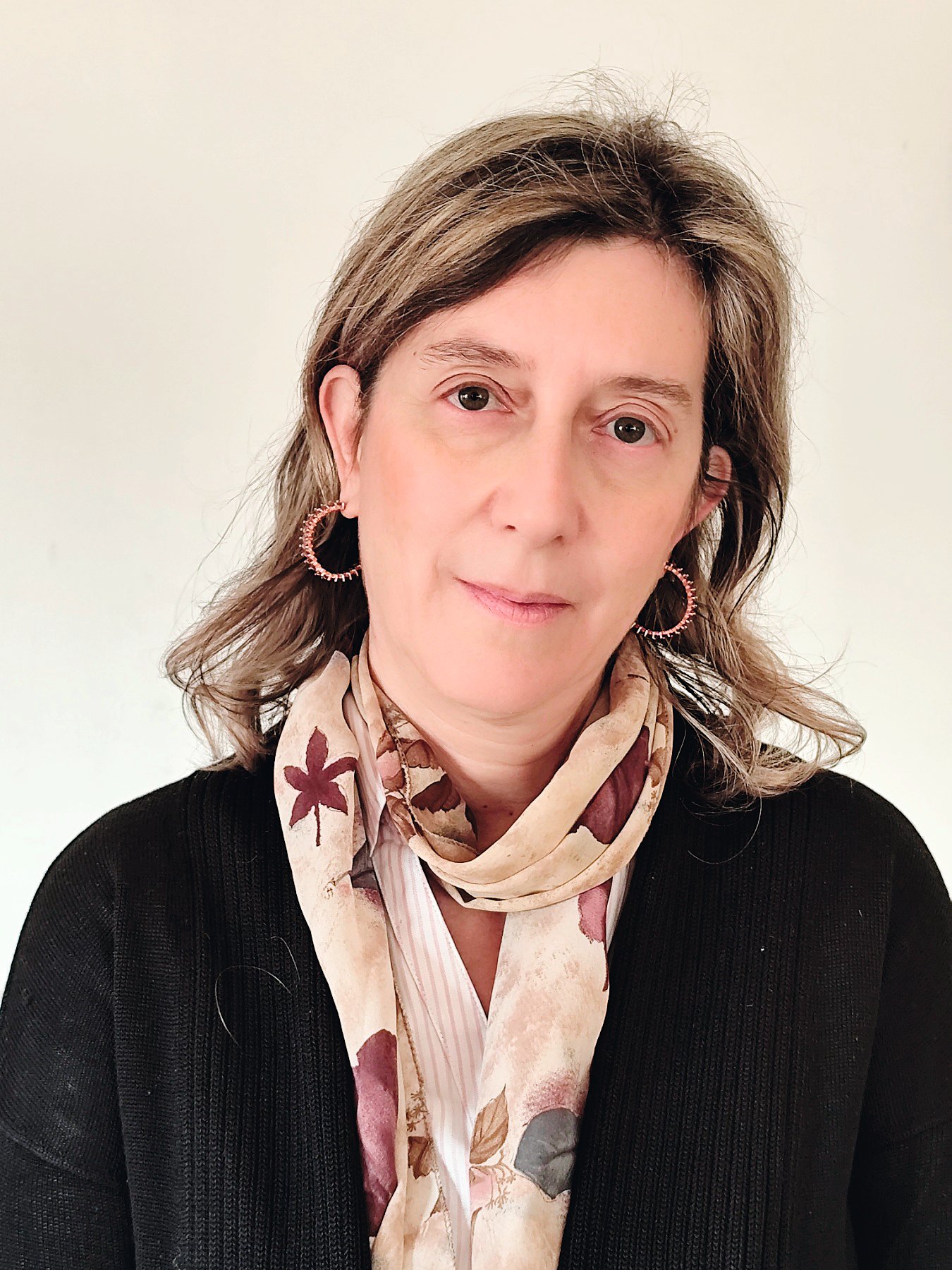 Maria Basta, an associate professor at the University of Crete and director of the university hospital’s Psychiatry and Child Psychiatry Clinic, is also the scientific supervisor of the new early intervention unit for psychosis, Xenios Zeus. This gives her a very clear picture of the mental health situation on Crete.
Maria Basta, an associate professor at the University of Crete and director of the university hospital’s Psychiatry and Child Psychiatry Clinic, is also the scientific supervisor of the new early intervention unit for psychosis, Xenios Zeus. This gives her a very clear picture of the mental health situation on Crete.
“We saw a surge in substance and alcohol abuse during the pandemic, which has, unfortunately persisted. Recently, a postgraduate student at the Iraklio Medical School presented the findings of a study based on admissions to the psychiatric clinic from 2019 to 2024. The data clearly showed an upward trend in admissions, and among the diagnoses (though not the only one) was alcohol or substance abuse. The greater the substance use, the more aggressive a person becomes – whether they are an adult or a minor,” she notes, adding that men especially are introduced to alcohol from a very young age by their families.
Asked whether this is also linked to Crete having the highest suicide rate in Greece, Basta points to widespread gun ownership on the island as a key factor.
“When there is access to a firearm, the likelihood of someone acting on their suicidal ideation by pulling the trigger is significantly higher. Along with hanging, it is one of the most common methods in Crete, with men outnumbering women by a ratio of four to one,” she says.
“We cannot intervene in the temperament of the Cretan people, but the state can certainly take action regarding firearms and substances, knowing that these factors have a major impact on traffic accidents, aggression and suicides,” Basta adds.
Athens
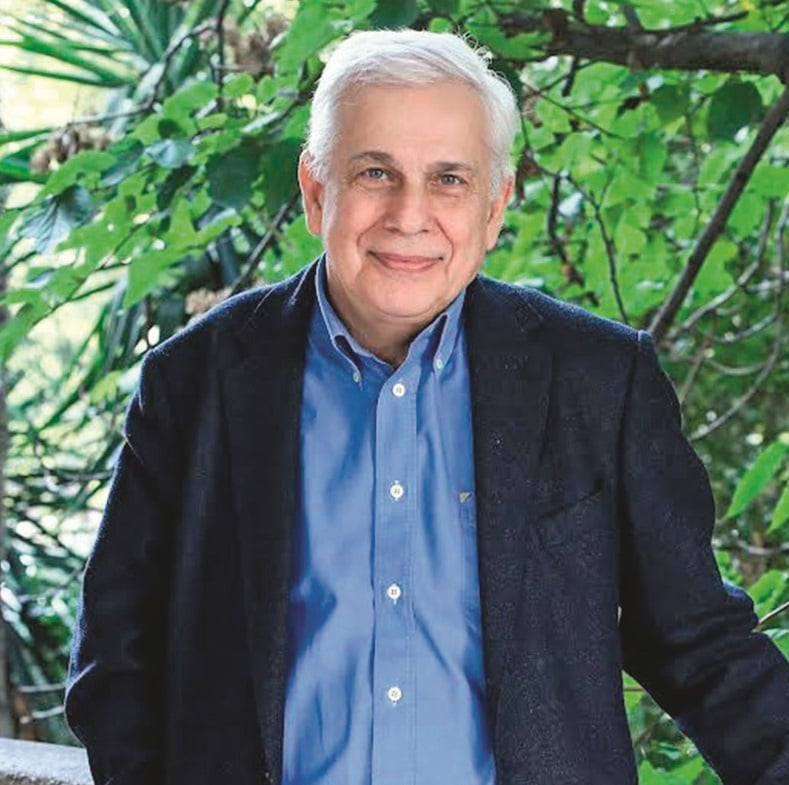 And what about an Athenian psychiatrist? What types of cases do they deal with on a day-to-day basis? How visible are cultural influences in their patients?
And what about an Athenian psychiatrist? What types of cases do they deal with on a day-to-day basis? How visible are cultural influences in their patients?
“Before we get to that, we need to talk about how today’s global culture, as experienced in the West, affects everyone, basically through overconsumption, narcissism and superficiality in relationships. However, this dominant trend manifests differently across cultures,” says Savvas Savvopoulos, who lived and worked in Geneva before returning to the Greek capital 34 years ago. Since then, he has treated patients from all social backgrounds and age groups, noting that many Athenians seem to still be influenced by their family’s rural roots.
“For example, you might meet a young Athenian with a grandparent who was a victim of the Civil War in a village. As the narrative of this trauma unfolds, a connection to the village or small town emerges. You hear echoes of desires, losses, achievements and edicts passed down by parents and grandparents. This inevitably means a connection with another place, another time and a different cultural reality,” he says.
As for Greeks more generally, the roots of their mental health struggles “stem from the ideals that permeate our culture,” says Savvopoulos.
“Everyone wants to be great and powerful, to achieve limitless glory, wealth and influence. Look at the financial crisis and the years leading up to it. No political party or leader – despite many experts warning otherwise – came forward to say, ‘We can’t afford this, folks; we need to rein it in, or we’ll crash.’ And when disaster struck, leaders across the political spectrum, from the left to the right, promised to tear up the bailout agreements, yet in the end, they signed them.
“We don’t operate on the principle of reality in this country, we are driven by what satisfies us, not by what must be done. And governments, in their pursuit of election victories, follow the same pattern. So when reality inevitably crushes us, instead of facing it head-on, we feel betrayed and sink into depression – because the world as we imagined it has collapsed.”

